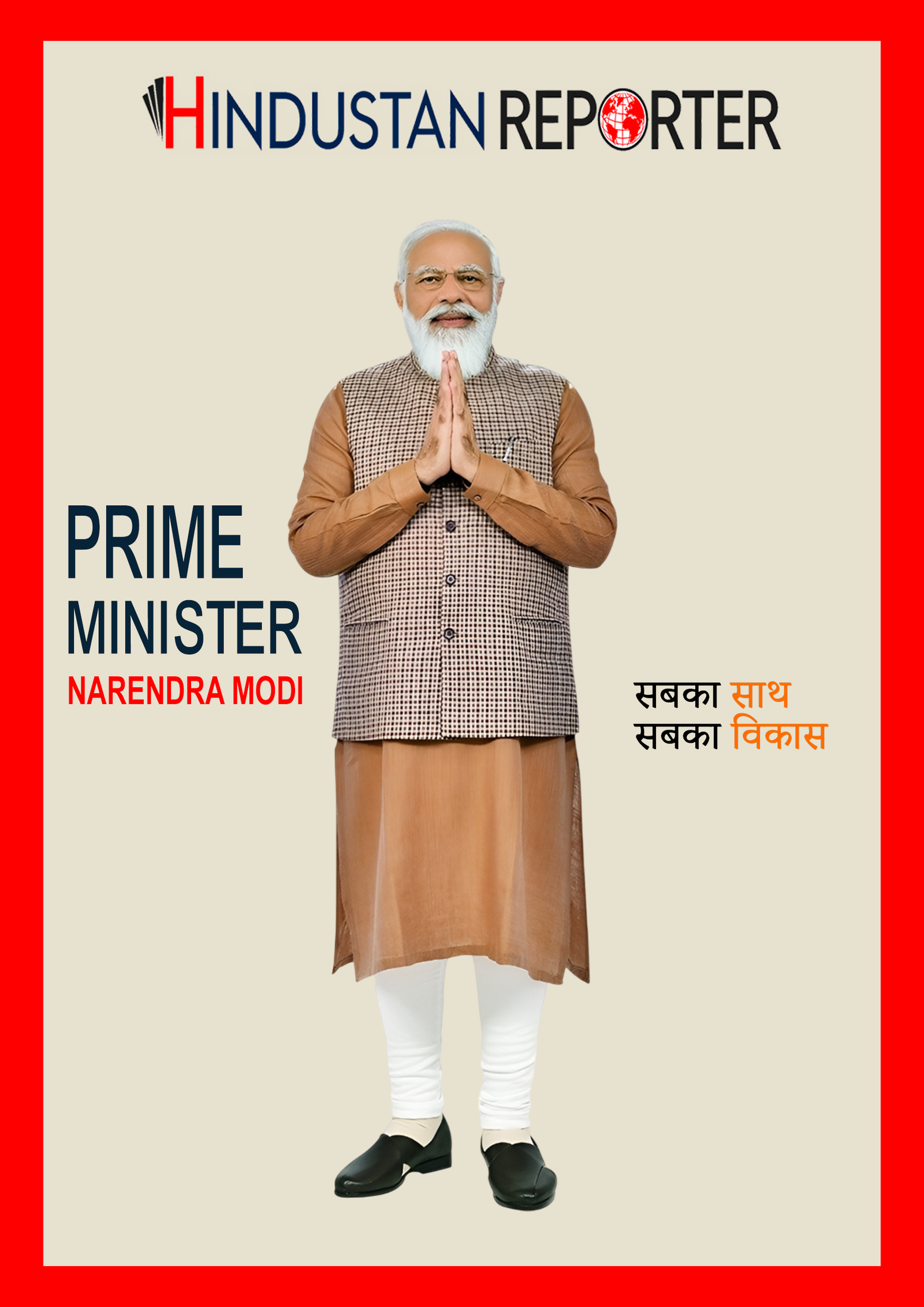Since Elon Musk’s X contacted the Indian government over provocative remarks made by its artificial intelligence (AI) chatbot Grok, many government officials are wondering who is truly in charge of the retorts the AI has been posting on social media.
Filled with foul language, generalizations, and portrayals of some conservative users—including the inventor, Musk—as the primary disseminators of false informationAs of right now, Grok’s answers to queries from Indian users have combined the attitudes and mannerisms of those who regularly use the social network.
Here are some details: At its worst, Grok occasionally churns out the underbelly of the data that has been fed to it. Grok is not a person; at best, it is computer code that runs on powerful computers at the backend. Grok’s intelligence is questionable; it is artificial.
People began asking Grok a lot of questions, either directly through their posts or as comments to other posts, after Grok used a misogynistic Hindi expletive when he responded to a user about their most well-known mutuals or referred to Musk as one of the main sources of false information on the social media platform.


